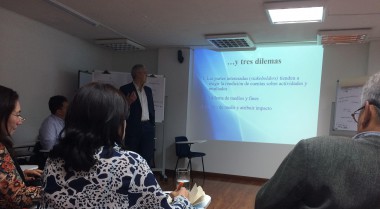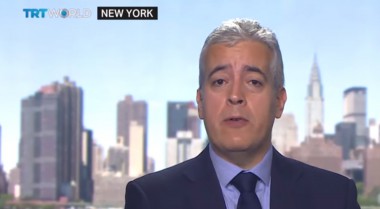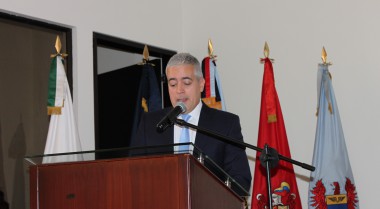
Colombia: GPPAC Working Towards a Culture of Peace
On March 17, 2017, GPPAC and La Paz Querida (Our Wanted Peace) facilitated a methodology workshop in Bogotá, Colombia. The event was organised in preparation of a new project taking place in Colombia this year, called Intergenerational Dialogues for a Culture of Peace. On behalf of GPPAC, Darynell Rodriguez Torres (Executive Director) and Jenny Aulin (Managing Adviser Human Security) presented and discussed concepts and approaches of the GPPAC multi-stakeholder manual and outcome mapping. The goal of the workshop was to support the preparation of the staff and facilitators of La Paz Querida, who will be conducting intergenerational dialogues across Colombia over the next six months.
A Culture of Violence
In Colombia the explosive mix of guerrillas, paramilitaries, drug trafficking, exclusion, poverty and a very weak State, produced a conflict with a Dantesque balance of more than 200,000 dead, 30,000 missing, 6 million persons displaced from their land; more than 6 million hectares of land violently usurped; more than 2,000 extrajudicial killings known as "false positives"; countless massacres of which over 4,000 mass graves have been found; more than 20,000 persons abducted, more than 500,000 refugees in other countries. All these nightmarish figures express the complexity of the bloody and prolonged scourge that Colombia has suffered during more than half a century. Certainly, the very specific form of the Colombian conflict has created a culture of violence.
From a Culture of Violence to a Culture of Peace
Given that the country and its regions have different social dynamics, it is necessary to think about the specific ways to effectively influence in certain sectors of the population or in specific regions of the national territory. The culture of political participation in Colombia is concentrated in large cities, in a clear contraposition with the zones most impacted by the armed conflict. Thus, citizen participation with a territorial perspective is considered essential for building peace.
It is also particularly important to empower young people, the new generations of Colombians who face the challenge of building a country without armed conflict and increasingly in peace. Colombian youth has been unenthusiastic for political participation and rarely involved in peace efforts. To achieve the needed change it is essential to learn from the experience of older generations and from the country's historic past. To have a shift from a culture of violence to a culture of peace there is a need for a transparent and constructive dialogue. There is a need for an Intergenerational dialogue for a culture of peace in Colombia.
The purpose of Intergenerational dialogues for a culture of peace is to contribute to a process of social transformation based on an open debate on peace and the future of Colombia, focused on high school students and framed on school environments. The dialogue will help to build the critical mass needed for such a transformation and to enhance the social capital, especially among the new generations.


